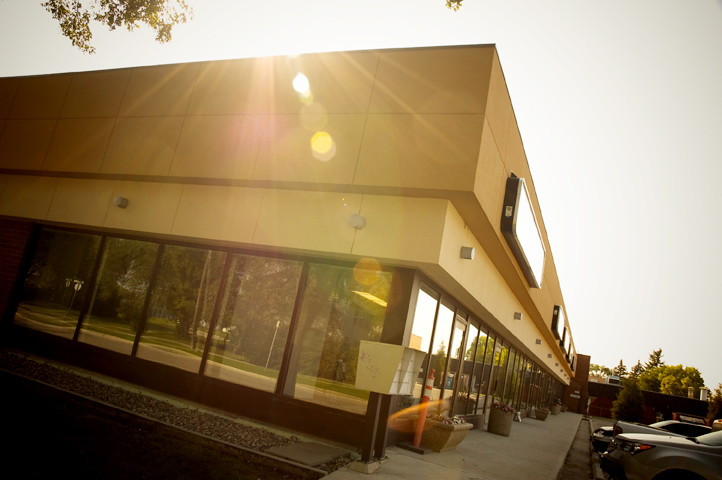Red Chamber, red face
Senate appointments draw cries of hypocrisy, nepotism
Critics of the recent Senate appointments are accusing the Conservative government of hypocrisy, while defenders say it is necessary to allow stalled legislation to pass.
Prime Minister Stephen Harper, who has frequently demanded that senators be elected, recently appointed nine senators, including Manitoban Don Plett. Plett is president and national councillor of the federal Conservative Party.
“I respect Plett’s integrity,” said Raymond Hall, the Conservative candidate for Winnipeg South Centre. “He has been credited as the architect of the merger between the Progressive Conservative and Alliance parties [in 2003] and has a tremendous character.”
Plett is the founder of a mechanical contracting firm in Landmark, Manitoba and has served in his capacity as party president since the creation of the Conservative Party in 2003. He has been active in Conservative politics for well over a decade.
Despite receiving praise for several Senate choices, the prime minister has been unable to quell charges of hypocrisy for the recent wave of partisan appointments.
The Senate remains an unelected body where senators serve from the time they are appointed until the age of 75. The distribution of Senate seats is not based on the current population of Canada. Nova Scotia, with a population of just over 900,000, is represented by 10 senators. Alberta, with a population of over 3 million, has six.
“[Harper] is a guy who has campaigned routinely on Senate reform,” said Shannon Sampert, politics professor at the University of Winnipeg. “And yet his logic is that if he doesn’t [appoint senators], the Liberals win.”
The Liberal Party holds a majority of the seats in the 105-seat Senate. The Liberals are currently represented by 53 senators, compared to 46 Conservatives. With the recent appointments, the prime minister is attempting to reach the threshold of 50 senators to ease the passage of Conservative legislation.
“Prime Minister Harper has made it very clear that he favours and has attempted to pass Senate reform… those motions have been blocked by the Liberal Party of Canada, particularly by their majority in the Senate,” said Michael Richards, a Winnipeg lawyer and Conservative Party strategist.
The Conservatives have attempted to pass several motions on Senate reform since forming the government in 2006, including a motion that would allow provinces to elect senators in conjunction with each federal election. The legislation continues to be delayed in the Senate.
“The appointments were made to have a Conservative majority in the Senate so that Senate reform can be enacted with that majority,” said Hall. “Political systems need to change to adequately serve the people they represent and sometimes we need to work around them.”
Critics remain unconvinced.
“The Senate reform issue is a Conservative creation,” said Sampert. “The strategy is to get [the public] outraged about how much taxpayers spend on senators, how it’s unelected and ineffective, while over 50 per cent of the population does not vote largely because of our flawed electoral system.”
Published in Volume 64, Number 2 of The Uniter (September 10, 2009)







